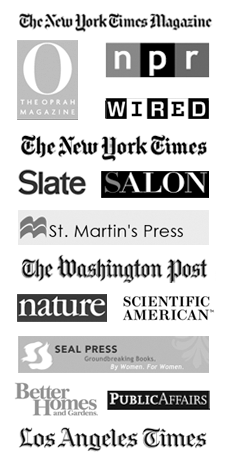
A writer asks:
“Hi Marla,
“I’m going to start writing again, and I want to work on something I’m really fired up about! I’ve got two personal essays I’m dying to write. There’s a book-length memoir project noodling around, too…
“I’ve got a novel drafted, too. It’s 7/8th done (no joke), but I started it ages ago. I’m really bored by it.
“This is probably a no-brainer, Marla — I should just finish the damn novel. Right?”
signed,
A.J.
—–
Dear A.J.,
First off, congratulations on your decision to get back to writing! You’re going to feel great when you’re writing again. Nothing feels better than actually writing when you’re a writer.
So let’s talk about your projects.
Finishing your almost-done novel seems logical at first glance.
“Finish what you start and get and it done.” Yes?
Not always.
Choosing a writing project is like laying a single brick on the ground. Lay your bricks edge to edge, continue through the years and you’ve got a path leading….where? Where you do you want your writing path to go?
Before you decide which writing project to focus on, I want you to consider what “writing happiness” and “writing success” mean to you, personally.
Ask yourself:
- What made me fall in love with this story in the first place?
- Why did I draft my novel?
- What are my real motivations for writing?
- What project needs to come first?
There will be no right answers. Just your own truths.
After you discover your personal take on “successful writing,” you can reverse-engineer the timing and sequence of your various writing projects a whole lot easier.
Remember, the “logical” choice won’t always be the right answer.
So be brave and finish the novel, if that’s right for you. (Reach out to a good writing coach if finishing projects is tough for you.)
Bravely and guiltlessly turn to something new, if you happen to discover your big-picture writing goals have changed.
Put your “what to write” decisions in the bigger context of your writing career, and step by step you’ll build a path to the writing life and writing career you truly care about.
One last tip for you:
It’s important to avoid the temptation to stay in “deciding” mode for too long.
Limit your decision time, and give yourself a few hours or a single day to explore your ideal writing life and career. (In my coaching practice, 90 minutes is typically all I need to help someone find their clarity, compelling vision and get-started writing goal.)
Set a good-enough intention. Choose a writing project. Then, start writing.
The clarity will come!
![]()


